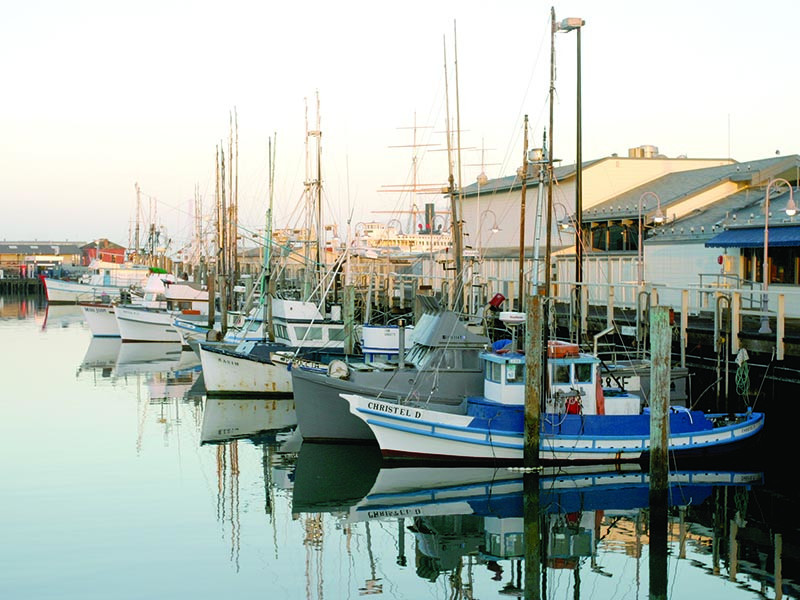Sometimes fishermen get lucky, and their complaints about flawed data get noticed by scientists. Such was the case with an article about Marine Protected Areas that’s been used to justify a new push for ocean zoning — including the recent 30x30 initiative to shutter up to 30 percent of the nation’s waters.
“A retraction is a Big Deal in science, especially from a prominent journal,” wrote Max Mossler in a post on the University of Washington’s Sustainable Fisheries UW.
It’s an even bigger deal — or should be — if that article is being used to position policy at the federal level.
The original piece, Mossler writes, “claimed that closing an additional 5 percent of the ocean to fishing would increase fish catches by 20 percent.” Some of the biggest titles in the mainstream press picked it up.
We’re talking End of Fish by 2048-level propaganda.
Then “it was submitted as supporting evidence for a bill by then Rep. Deb Haaland, now the Secretary of the Interior,” Mossler adds.
It certainly got my attention.
What you need to know about 30x30
And the attention of our former editor and publisher, Jerry Fraser.
Don’t look up
Not to mention Ray Hilborn, founder and editor in chief of Sustainable Fisheries UW and a University of Washington professor in the School of Aquatic and Fishery Sciences.
MPAs aren’t the answer
Add to that a whole slate of scientists, educators, analysts and others who teamed up to send a letter to Congress, declaring the impetus behind 30x30 to be inherently flawed.
30x30 will make fisheries management less flexible
Only most people didn’t see it as propaganda because it was published by the Proceedings of the National Academy of Sciences, which most certainly falls in the category of respected scientific publications.
No journal is immune to error. However, this mistake was not so easy to pin down because of the systems scholarly journals have in place — systems that are supposed to ensure an unbiased review.
A credible scientific journal like PNAS relies on peer reviews to examine the research practices, results and editorial standards before a study is accepted for publication.
“According to the editor-in-chief of PNAS, the frequent collaboration relationship Dr. Jane Lubchenco had with the authors constituted a conflict of interest, as did the personal relationship with one of the authors, Dr. Steve Gaines — her brother-in-law.”
Many of our readers probably know Lubchenco from her time spent as NMFS administrator in the Obama administration and now in the role of deputy director for Climate and Environment in the White House Office of Science and Technology Policy.
Her role in this case was as arbiter of the peer review — she was in charge of who reviewed the study and prepped it for publication.
PNAS has since published two articles critiquing the original paper. One of those states in its abstract:
“We note an error in the business-as-usual policy in their original manuscript which overestimated the food gains of MPAs and distorted the prioritization map, but which is being corrected by [the paper’s authors]. However, beyond this issue, their model makes a series of assumptions that produce results inconsistent with best available knowledge of the state of global fisheries and marine ecology.”
The question that follows is: Was the article manufactured specifically to position inherently flawed, and therefore potentially fraudulent, federal policy?
“The assumptions and parameters [of studies like these] produce big headlines, but are fundamentally unhelpful for the future of ocean governance and sustainability,” Mossler concludes.
Where that positions 30x30 — or indeed every single MPA — as a legitimate public policy remains to be seen.
Read the full story at the Sustainable Fisheries UW site:
Retraction of flawed MPA study implicates larger problems in MPA science







